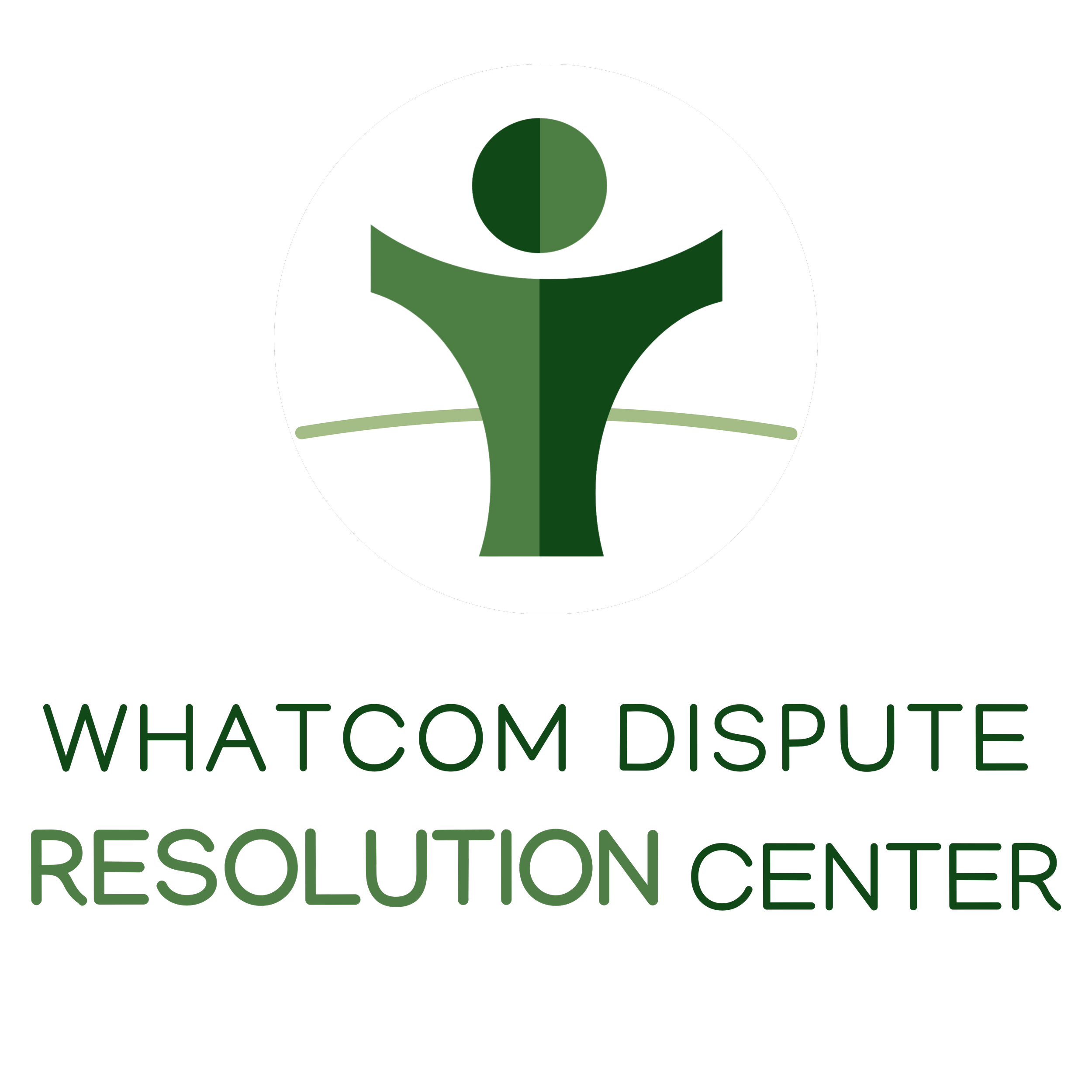Volunteer Perspective: Inside the WDRC's Youth Program
by Ali Raetz, Youth Program Intern
My time volunteering in the Youth Program this year has been one of the best, yet unexpected, surprises I’ve ever encountered. I first was introduced to the WDRC at an internship/volunteer fair at Western in the fall of 2017. Daniel (the WDRC's AmericCorps Youth Conflict Resolution Education Specialist) shared with me about how they work with youth to help them understand conflict and equip them with the tools to express themselves in healthy, constructive ways. I feel passionately about the importance of giving youth a voice and listening to their stories, and I discovered that the WDRC’s mission lined up with these passions. By the end of our conversation, I was practically throwing my resume at Daniel in hopes of getting involved in any way.
Luckily my enthusiasm didn’t scare him off, and a couple weeks later I was scheduled for my first class as an assistant. I’ve had the opportunity to assist in the juvenile court Healthy Choices for Girls classes, multiple conflict resolution classes at elementary and middle schools, and large group classroom presentations about understanding conflict. While I’ve enjoyed all of the different avenues I’ve volunteered with the youth programs, my experience with a small group of girls at Shuksan middle school stands out as the most impactful, challenging, yet enriching class I’ve helped out with.
There’s no denying that middle school is an extremely difficult time for everyone. Emily (the WDRC's Youth Program Manager) and I spent about a month spending time getting to know a friend group of middle school girls at Shuksan that experience the ups and downs of 6th grade together, including difficulties with friendships and following classroom rules. While they learned about conflict, communication and trust from our time together, I learned more about the importance of giving youth a space to be vulnerable and honest with each other. The same girls who in the beginning of our time together were strongly opposed to opening up or participating were asking tough questions and sharing experiences in our last few sessions.
The WDRC has also shaped and contributed to my studies as a human services student at Western. Restorative justice wasn’t in my vocabulary before my fall internship at the WDRC. However, this last quarter I worked on a quarter long research project focusing on shift in school discipline and benefit of restorative justice as a result of my time learning and teaching with the WDRC. I have discovered new passions and learned from Emily and Daniel, as well as from every student that I’ve had the pleasure of meeting and working with. The WDRC’s Youth Programs is doing necessary work teaching the next generation empathy, compassion, communication and healthy conflict strategies. I’m honored and excited to be a part of such a life-changing program.

